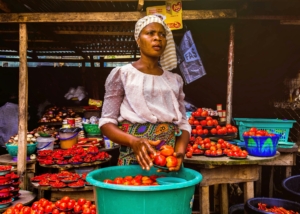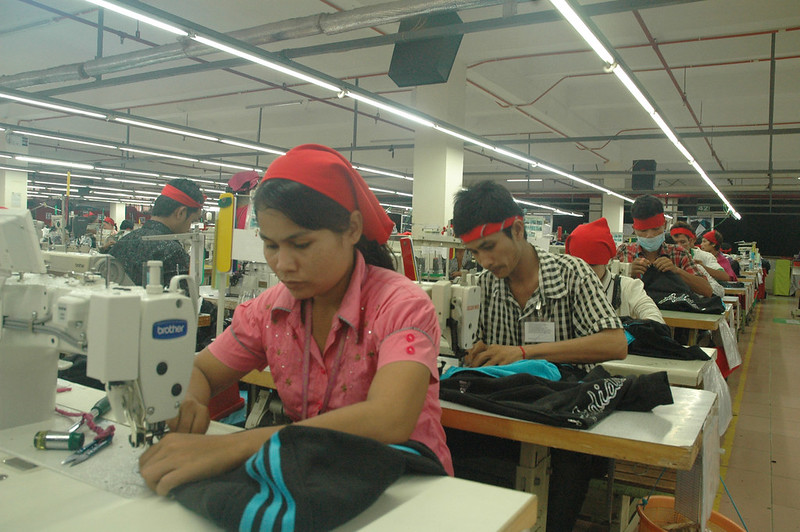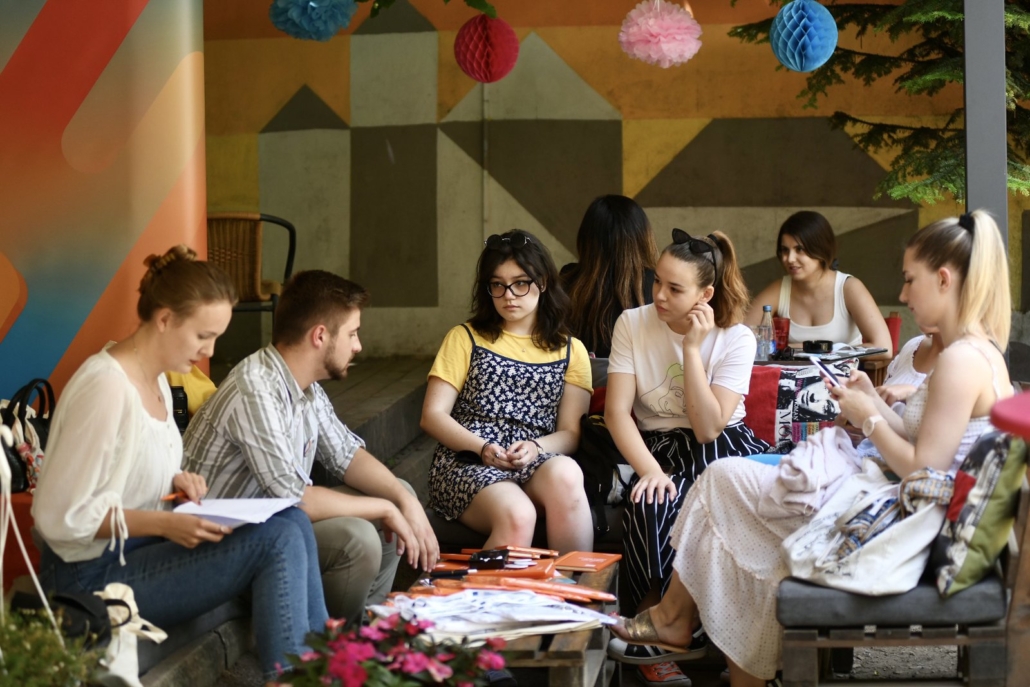 In many parts of the world, access to sustainable energy and agricultural innovation is essential for economic growth and poverty alleviation. Women-led initiatives such as the Raising Gabdho Foundation (RGF) in Uganda and HUSK Ventures in Cambodia demonstrate that innovative solutions can drive economic empowerment and environmental sustainability. These organizations lead women-led sustainable development, transforming local communities and proving that grassroots innovations can make a global impact.
In many parts of the world, access to sustainable energy and agricultural innovation is essential for economic growth and poverty alleviation. Women-led initiatives such as the Raising Gabdho Foundation (RGF) in Uganda and HUSK Ventures in Cambodia demonstrate that innovative solutions can drive economic empowerment and environmental sustainability. These organizations lead women-led sustainable development, transforming local communities and proving that grassroots innovations can make a global impact.
RGF
Sarah Basemera founded RGF with a modest $3,000 grant and an ambitious goal: to address Uganda’s reliance on charcoal while creating employment opportunities. Uganda’s high dependence on charcoal for cooking and heating—used by more than 85% of households—posed an environmental and economic challenge. In response, RGF developed biomass briquettes as an alternative energy source, ultimately shaping the foundation into a thriving social enterprise.
RGF’s success is built on a women-led sustainable development model, utilizing a retail strategy that centers on women vendors. Instead of dealing with hundreds of small-scale buyers, RGF streamlined its sales through market agents, all women. This model has not only increased efficiency but has also empowered female entrepreneurs within local marketplaces.
Today, RGF produces four different types of briquettes, operates a factory and has implemented a digital sales platform. While adopting digital transactions remains slow, its app, Zeed Energy, has started gaining traction. By promoting online payments, RGF breaks traditional barriers and encourages financial inclusion.
Households using Zeed Energy solutions have seen a 40% reduction in energy costs, improved business productivity by 60% and reported a 30% increase in disposable income. RGF’s innovations in clean energy and business operations demonstrate the power of women-led sustainable development in driving economic progress.
HUSK Ventures
While RGF is making strides in Uganda, HUSK Ventures, co-founded by Heloise Buckland and Carol Rius, is reshaping sustainable agriculture in Cambodia through biochar technology. Grounded in the conviction that businesses can be powerful drivers of social and environmental change, Buckland and Rius established HUSK to combat soil degradation and improve farmer livelihoods.
HUSK’s method is highly scientific and deeply rooted in traditional agricultural practices. Agriculture experts, engineers and specialists in regenerative agriculture are among the organization’s diverse workforce and they collaborate to create sustainable, long-term solutions for small-scale farmers. Understanding that climate vulnerability and soil degradation pose serious risks to food security, HUSK incorporates a low-cost, high-impact technique to restore farms while reducing carbon emissions.
Biochar, a soil supplement that improves fertility, holds onto water and captures carbon, is at the core of this innovation. HUSK modernizes this centuries-old method by repurposing rice husks—a common agricultural byproduct—into biochar, carbon-based fertilizers and biopesticides using a practical, smokeless process called pyrolysis. This reduces the impact of climate instability by lowering waste and emissions while trapping carbon in the soil for hundreds of years. The organization’s innovative work has resulted in the first biochar plant installed inside a rice mill, marking a significant advancement in sustainable agriculture.
Through their work, Buckland and Rius are proving that women-led enterprises can drive meaningful transformation in both agricultural and environmental spheres. Their model offers a blueprint for balancing economic growth with ecological responsibility, reinforcing the vital role of women-led innovation in shaping a more sustainable future.
The Impact of Women-Led Sustainable Development
Both RGF and HUSK Ventures highlight the potential of women-led enterprises to drive social and environmental change. Their business models prioritize community engagement, sustainability and economic empowerment. The success of these initiatives demonstrates the importance of investing in female entrepreneurs tackling some of the world’s most pressing challenges.
The journey of these organizations serves as a testament to the resilience and ingenuity of women entrepreneurs in the fight against poverty. With continued investment and support, women-led sustainable development initiatives like RGF and HUSK Ventures will continue transforming economies, empowering communities and contributing to a more sustainable world.
– Linnéa Matlack
Linnéa is based in Boston, MA, USA and focuses on Good News and Technology for The Borgen Project.
Photo: Pexels

 Since the 1990s Cambodia’s exports from the garment, footwear and travel (GFT) sector has grown significantly.
Since the 1990s Cambodia’s exports from the garment, footwear and travel (GFT) sector has grown significantly.  Ending world hunger is closer than people often imagine. Sometimes it is easy to lose sight of how much money is necessary to reach this goal. People may think that so much is already being spent without there being much more room for progress. When this happens, it is helpful to have a comparison between things that Americans already spend a lot on
Ending world hunger is closer than people often imagine. Sometimes it is easy to lose sight of how much money is necessary to reach this goal. People may think that so much is already being spent without there being much more room for progress. When this happens, it is helpful to have a comparison between things that Americans already spend a lot on 

 endPoverty is a charity that strives to alleviate poverty through
endPoverty is a charity that strives to alleviate poverty through 


